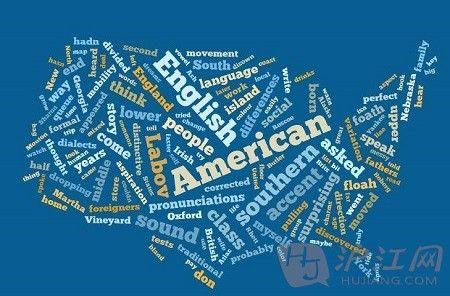The recent release of ChatGPT has garnered widespread recognition for its exceptional ability to generate human-like responses in dialogue. Given its usage by users from various nations and its training on a vast multilingual corpus that incorporates diverse cultural and societal norms, it is crucial to evaluate its effectiveness in cultural adaptation. In this paper, we investigate the underlying cultural background of ChatGPT by analyzing its responses to questions designed to quantify human cultural differences. Our findings suggest that, when prompted with American context, ChatGPT exhibits a strong alignment with American culture, but it adapts less effectively to other cultural contexts. Furthermore, by using different prompts to probe the model, we show that English prompts reduce the variance in model responses, flattening out cultural differences and biasing them towards American culture. This study provides valuable insights into the cultural implications of ChatGPT and highlights the necessity of greater diversity and cultural awareness in language technologies.
翻译:最近发布的ChatGPT因其在对话中生成人类一样的回复方面的出色能力而受到广泛认可。考虑到其被来自各个国家的用户使用,并且其在包含多种文化和社会规范的广泛多语种语料库上进行训练,因此评估其适应多元文化的效果至关重要。在本文中,我们通过分析其对旨在量化人类文化差异的问题的回答来研究ChatGPT的基础文化背景。我们的研究发现,当使用美国背景作为提示时,ChatGPT表现出与美国文化的强烈一致性,但其适应其他文化背景的能力较弱。此外,通过使用不同的提示来测试模型,我们发现英语提示会减少模型的响应差异,将文化差异趋同于美国文化而导致偏见。该研究提供了有关ChatGPT文化含义的宝贵见解,并突显了语言技术中多样性和文化意识的必要性。


